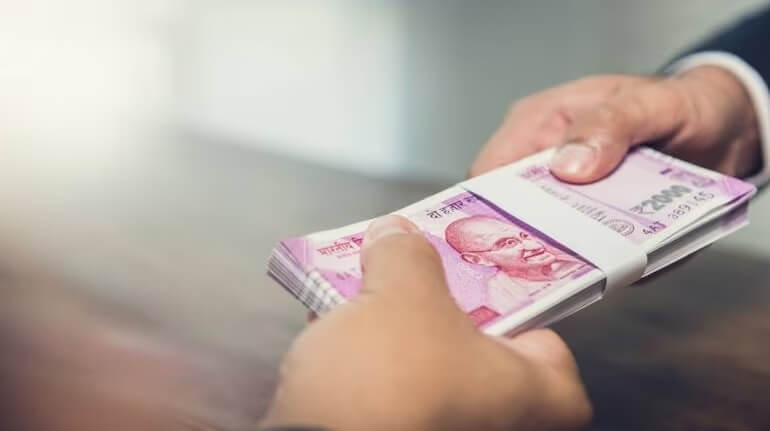
Imagine you lend your friend some money, let’s say ₹500, for an important expense. They promise to pay you back in a month. But a month passes, then two, and your friend still hasn’t returned the money. You start to get worried. What do you do?
This is where debt collection or debt recovery comes in.
What is Debt Collection?
- Debt collection is simply the process of getting back money that is owed to you.
- Sometimes, companies or individuals (like you, with your friend), hire a team of people to help with this process. This team can be internal or external. An external team is called a collections agency or collections partner.
- It’s like having a strong friend help you get your money back when someone hasn’t paid you on time.
Why Does Debt Collection Happen?
People or businesses may need to use debt collection when:
- Someone hasn’t paid their bills (like electricity or phone bills).
- Someone has missed payments on a loan (like a car loan, personal loan, a small business loan and so on).
- Someone has unpaid credit card bills.
What Do Debt Collectors Do?
- Contact the person who owes money: They send letters, call, or may even visit in person to remind the person about the debt.
- Negotiate: They might work with the person to find a payment plan they can afford.
- Sometimes, take legal action: This is rare, but they might help take the matter to court if the debt remains unpaid for a long time.
Important Things to Remember when you’re in debt
- If you owe someone money, try to pay it back on time. This avoids the need for debt collection.
- If you’re contacted by a debt collector, stay calm and try to cooperate. Work with them to find a solution.
- Remember, debt collectors cannot threaten or harass you. If this happens, you can get help from consumer protection groups.
Debt collection might sound complicated, but it’s really just about making sure people pay the money they owe!